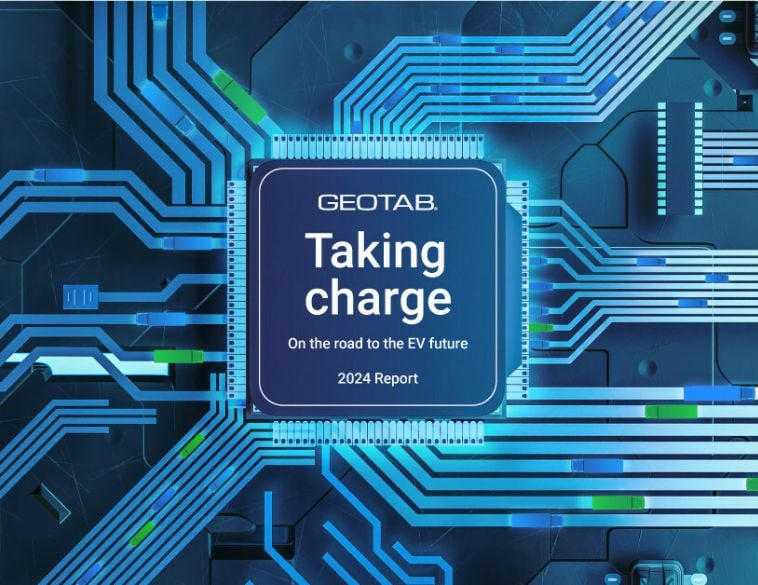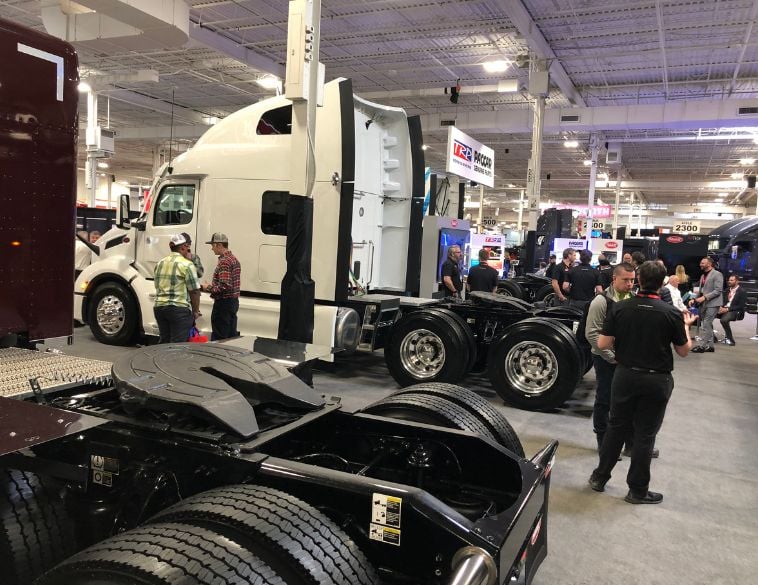As the world emerges from a global pandemic, global demand for electric vehicles is predicted to rise.
With COVID-19 crippling global economies and businesses shuttered for months, electric vehicle sales have suffered along with the rest of the automotive industry, if not more. Quite frankly, electrification hasn’t been a priority in these difficult times.
That said, electric vehicles are far from dead. In fact, many manufacturers are moving forward with plans to bring to market new vehicles and technologies, hoping for a renewed interest in electrification as the world gets back to business.
According to the “Global Electric Vehicle Market Outlook, 2020,” published in June by Frost & Sullivan, although COVID-19 has dented electric vehicle sales around the globe, as the market recovers from the pandemic, Frost & Sullivan predicts a “healthy growth” in global EV sales.
According to their report, in an optimistic scenario, EVs are estimated to grow by 8.6% year-on-year (YoY), registering 2.5 million unit sales (battery electric vehicles plus plug-in hybrid electric vehicles) globally in 2020.
EV sales will be driven by the implementation of stringent emission norms across countries and global policies favoring the adoption of battery electric vehicles.
—Prajyot Sathe, Automotive and Transportation Industry Manager, Frost & Sullivan.
“Additionally, non-monetary or tax incentives are likely to be more attractive for buyers as countries with the highest EV penetration ratio such as Norway and the Netherlands offer these rather than cash incentives,” added Sathe.
Post-COVID-19 economy
While automotive sales, in general, have taken a huge hit this year, manufacturers are starting to make plans for a post-COVID-19 world.
This includes the makers of electric vehicles. For instance, in mid-June Electra Meccanica Vehicles, a Vancouver-based designer and manufacturer of electric vehicles, announced an “accelerated expansion” of the company’s retail footprint for its electric vehicle, the SOLO EV.
With an MSRP of $18,500, the SOLO is an all-electric, single-seat vehicle designed for commuting, delivery and shared mobility.
“As we emerge from the pandemic, the public is looking for transportation alternatives that allow for personal independence in a safe, secure and self-contained driving environment—a solution that our flagship SOLO EV fully embodies,” said Paul Rivera, CEO of Electra Meccanica.
While the company is eager to get back to business, it did admit (a month prior) that the road ahead may not be as smooth as everyone would like it to be. In a written release, the company explained that its manufacturing facility in China may in fact run into supply issues.
“Although our manufacturing partner, Zongshen, reports that its operations have not been materially affected at this point, significant uncertainty remains as to the potential impact of the COVID-19 pandemic on our and Zongshen’s operations (including, without limitation, staffing levels), supply chains for parts and sales channels for our products, and on the global economy as a whole,” the company reported.
Expanding EV charging network
Electric vehicle charging networks are also growing in Canada, with a number of organizations announcing new facilities.
In June, Electrify Canada announced nine new electric vehicle fast-charging station locations in British Columbia projected to open throughout 2020. The stations will be located along the Trans-Canada Highway and Highways 97 and 99.
British Columbia has been at the forefront of the electric mobility movement and we’re excited that electric vehicle drivers in B.C. will now be able to benefit from the Electrify Canada network.
—Robert Barrosa, Chief Operating Officer, Electrify Canada.
“Our expansion to the west coast is another strong step in our journey to provide high-quality fast-charging options to the ever-growing Canadian EV community,” added Barrosa.
In Ontario, the City of Guelph announced plans to install 20 levels two electric vehicle connectors throughout Guelph.
“We are committed to supporting green infrastructure projects that will bring us closer to a zero-emissions transportation sector and help advance Canada’s clean energy future,” said Lloyd Longfiel, Member of Parliament for Guelph.
“This initiative will provide Guelph residents with more options to purchase, charge and drive zero-emission vehicles while reducing pollution and creating good middle-class jobs.”
The electric future
Also in June, Ford and VW announced plans to collaborate on engineering and building commercial vehicles, including a Ford electric vehicle for Europe (by 2023) built on Volkswagen’s Modular Electric Drive.
“Commercial vehicles are fundamental to Ford today and an area where we will accelerate and grow, and working with Volkswagen on these platforms will provide both of us significant financial advantages in things like engineering, and plants and tooling,” said Jim Farley, Ford Chief Operating Officer.
“Separately, Ford will add battery-electric versions of Transit and F-150 in the next 24 months for commercial customers who increasingly need zero emissions and the power of connectivity, data and artificial intelligence.”
June also began with an announcement from Porsche Canada – the addition of a new electrified member of the Porsche Drive Toronto fleet – the all-new, all-electric Porsche Taycan. The Taycan is available for daily or weekly rental reservations.
Add to this list announcements from many of the major manufacturers about electrification and their plans for bringing new products and technologies to market, and it’s clear that there’s a future for the EV in Canada, and around the world.
The pandemic may have put a big dent in vehicle sales in general, and in the EV market in particular, but with life getting back to some kind of normal, the outlook seems to be brighter as the auto industry emerges from lockdown.


